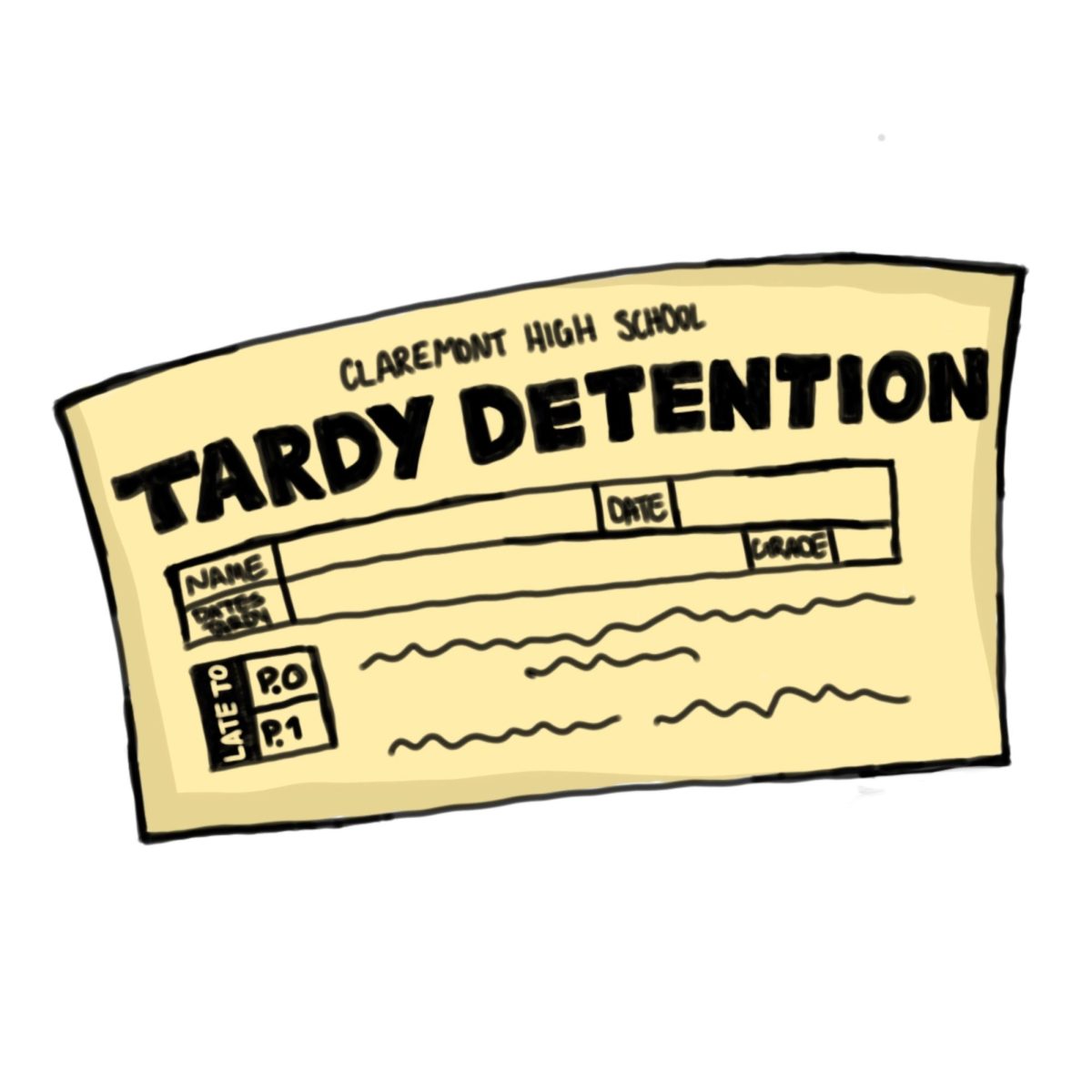On the first day of the 2024-25 school year, a new law took hold of the campus. The infamous phone policy is simple: if a phone is outside a backpack during class, it gets confiscated. The policy’s procedures are made clear. One offense means your phone gets taken to the office, two offenses mean your parents have to pick up your phone, three offenses you get a detention, four means Saturday school, and so on.
The enactment of this new policy aligns with the proposed Assembly Bill 3216, or “The Phone-Free School Act,” which states a requirement for all school districts and charter schools to have a policy limiting the usage of cell phones by July 1, 2026. California Governor Newsom signed the bill for “the mental health, academic success, and social well-being of California’s students,” making many school districts across California comply before the law goes into action.
Sophomore Olive Haynes-Bendian was asked her opinion on whether or not this change executes its purpose.
“Quite honestly, I don’t think the policy is doing what the school wants it to,” Haynes-Bendian said. She agrees that the phone policy doesn’t increase deterrence from using cell phones. Instead, she argues, students are inclined to find new ways to hide their phones from teachers and staff.
“They’re hiding it under the desks, using it from their pockets, and they’re more focused on keeping their phones hidden than on the lesson itself,” Haynes-Bendian said.
Phones were already a considerable enough issue to begin with, according to the Pew Research Center. “About seven-in-ten [high school teachers] (72%) say that students being distracted by cellphones is a major problem in their classroom.” With the implementation of the phone policy, students could be even more distracted than before.
Some hypothesize that the phone policy pushes students to be less engaged. In previous years, phone usage employed a reward system in classes, and it worked. When students were permitted to use their personal electronics after they had completed their assignments, it gave them a motive to do their work. However, with phones banned, this incentive is gone, and students are more easily taken off course by other factors.
Another issue exists when phones are banned in hallways and confiscated by patrolling proctors during each period. Haynes-Bendian on the yearbook staff, and she and other yearbook staff members have become casualties of the phone policy. During class hours, students are to conduct interviews to write about in the yearbook. However, because most students record these interviews with cell phones, there have been many cases of students’ phones getting confiscated while doing nothing but their work. The phone policy works against itself when it imposes students’ educational time.
However, due to The Phone-Free School Act, eliminating the phone policy is not an option. In the case of the yearbook staff, all students who required their phones for interviews received passes.
“Asking for students’ opinions and suggestions would make the policy less insufferable,” Haynes-Bendian said.
She noted how the policy should be ever-changing to keep up with students’ academic needs, as she and the yearbook have experienced.
Being new, it is understandable that it is still in the testing phase, but the policy cannot stay the same forever. Incorporating student opinion and choice into the system may not only ease the pressure of the overbearing policy but also potentially help students abide by it with fewer obstacles.



















